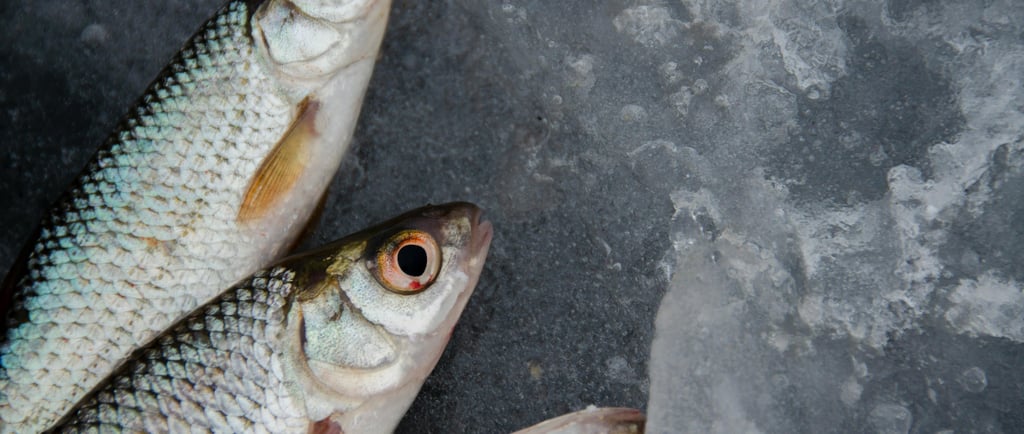A Phosphorus Restricted Diet and Chronic Kidney Disease
KIDNEY DISEASE
Beverly Carey
9/8/20253 min read


Most people browse the internet when they get diagnosed with kidney disease. A phosphorus restriction is one notable restriction that many people follow.
What is phosphorus? What does it have to do with the kidneys?
Phosphorus is a mineral that comes from food, it is found in the blood and bones (among other places). It does have health benefits for the body, however, too much phosphorus can put pressure on the kidneys.
Kidneys are like a thermostat. Your home probably has a thermostat set at a certain temperature. When the air is too warm, it will stop. Conversely, when the air is too cold, it will turn on and produce heat. There is little effort from you in this process. The kidneys are like this as well. In healthy kidneys, when the blood phosphorus is too high, the kidneys start draining it more heavily into the urine for removal.
Phosphorus generally causes a lot of complications in people with kidney disease. However, there is some evidence that too much may cause kidney decline even in healthy people.
What happens when blood phosphorus is too high?
When the kidneys fail to remove the extra blood phosphorus, further damage can happen to your body. First, it can cause low blood calcium and bone loss. It can also cause damage to the parathyroid gland. The parathyroid gland is also responsible for bone mineral density. When the phosphorus is too high, the gland tries to produce more parathyroid hormone to compensate. This causes the gland to grow larger and larger and further damage bone density. If left long enough, some people have to have their parathyroid gland surgically removed. Phosphorus can also stick to artery walls and contribute to heart disease.
What foods are high in phosphorus?
I would recommend restricting high phosphorus foods in a stepwise fashion starting with phosphate additives.
Read labels for phosphoric and phosphate and avoid these. This added phosphorus is inorganic and is very easily absorbed into your bloodstream.
Avoid drinks with cola (root beer and cream soda may be fine if they don’t have phosphoric acid).
Resolve constipation as bowel movements help the body release extra phosphorus.
After checking your bloodwork, if this isn’t enough I may then recommend:
Avoid fish/meat with bones as bone contains significant amounts of phosphorus. The phosphorus leeches into the meat/stew/sauce when cooking. Changing to boneless is wise.
Limit dairy to 1/2 cup or 125 mL of milk per day
Limit meat portions as per your dietitian's guidance. For many people 2 portions of meat/chicken/fish the “size of a deck of cards” per day is adequate and doesn’t pressure the kidneys, if you aren't on dialysis.
Avoid very high phosphorus foods, these include:
Boxed mac and cheese
Many canned soups
Haddock, pollock, halibut, salmon
Sardines, anchovies
Minced meat, pork chops, ribs
Processed meat
Check your phosphorus levels again, if still high I may recommend
Possible medical management with your doctor as more dietary restriction may cause a low fibre intake
Calcium Carbonate therapy such as Tum’s may be a good choice. When eating these with a meal, the calcium grabs the phosphorus in the gut essentially preventing it from being absorbed into the blood. When calcium and phosphorus link together, it’s too big to be absorbed and needs to be removed in a bowel movement. This may not be a good strategy for you if you have constipation (however there are also non-calcium based binders that may not relate to constipation)
If your phosphorus in your blood is high on recheck or you don’t want to take calcium carbonate or other non-calcium binders, here is a possible next step:
Start to reduce high phosphorus plant foods such as beans and legumes (if you are on dialysis you may need to restrict these before animal proteins due to higher protein needs during dialysis).
Note the phosphorus in plant food is less bioavailable so it’s less easily absorbed in your body.
Not all legumes are created equally. Lentils tend to be very high phosphorus and black-eyed peas tend to be slightly lower (note beans and lentils are VERY high potassium if cooked from dried).
Change to white bread from whole-wheat bread as a last resort.
You can also eliminate all the foods above and slowly add them back in while monitoring your blood work with a doctor and dietitian. This approach may work better if your phosphorus is very high, if you’re at high health risk, or you feel very itchy (and the cause of your itching is high phosphorus).
Please note this is just one of many possible strategies. You and your own healthcare team know what's best for you.
Nutrition
Empowering you with straight-forward nutrition guidance.
Support
Health
help@therealdietitian.net
© 2025. All rights reserved.
AI may be used in some writing for sentence structure and paragraph organization. However, all ideas are based on my own clinical judgement and evidence-bases such as scientific studies and professional guidelines.